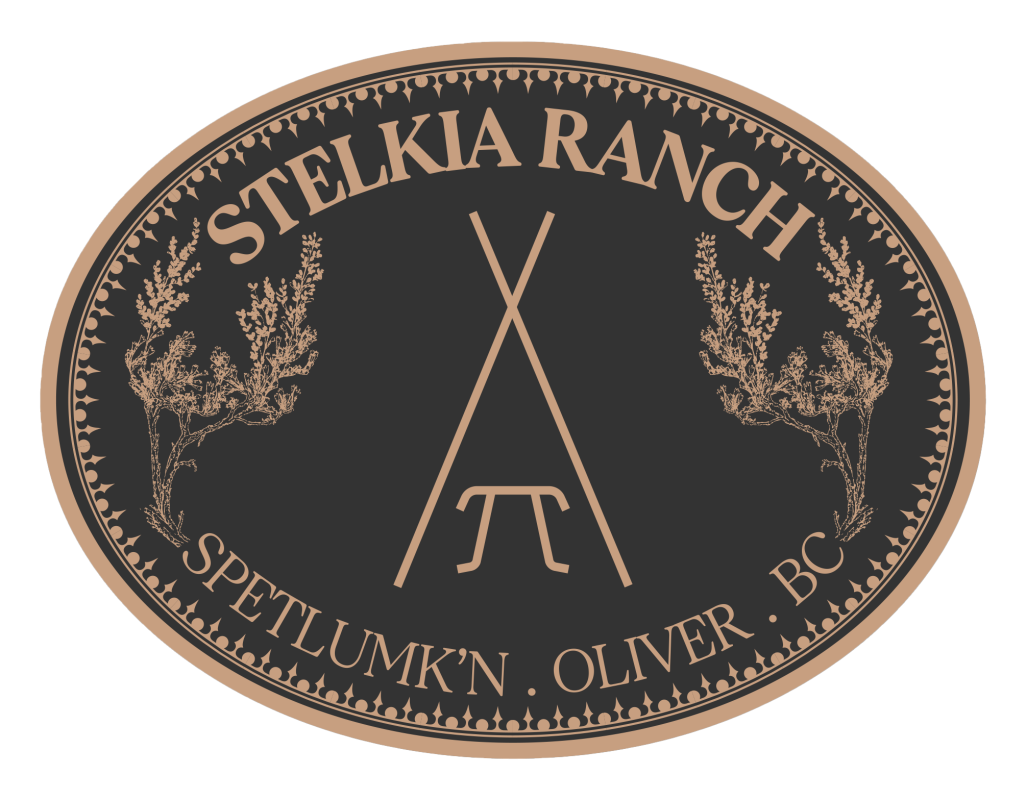The following is a list of resources for anyone interested to dive deep into the relationship these horses have in our past, our communities and their importance for the future.
BC Supreme Court Ruling (2017).Tsilhqot’in Nation v. British Columbia, 2007 BCSC 1700.Retrieved fromhttps://www.courts.gov.bc.ca/jdb-txt/sc/07/17/2007bcsc1700.pdf
Bhattacharyya, J., & Larson, B. (2014). The need for indigenous voices in discourse about introduced species: Insights from a controversy over wild horses. Environmental Values, 23(6), 663-684. doi:10.3197/096327114X13947900181031
Bhattacharyya, J., & Slocombe, S. (2017). Animal agency: wildlife management from a kincentric perspective. Ecosphere, 8(10). https://doi.org/10.1002/ecs2.1978
Bhattacharyya, J., Slocombe, D., & Murphy, S. (2011). The “wild” or “feral” distraction: Effects of cultural understandings on management controversy over free-ranging horses (Equusferuscaballus). Human Ecology, 39(5), 613-625.
Nature Sustainability, 2(4), 267–273. https://doi.org/10.1038/s41893-019-0250-1
Fee, M. (2015). Literary Land Claims : The “Indian Land Question” From Pontiac’s War Attawapiskat. Wilfrid Laurier University Press.
Kincaid, A. T., & Fletcher, A. J. (2017). Policy problems, publics, and the power of definition:competing discourses and the case of alberta’s free-roaming horses. CanadianGeographer, 61(3), 360–374. https://doi.org/10.1111/cag.12373
Notzke, C. (2013). An exploration into political ecology and nonhuman agency: The case of thewild horse in Western Canada. The Canadian Geographer / Le GéographeCanadien, 57(4), 389-412. doi:10.1111/j.1541-0064.2013.12028.x
Notzke, C. (2016) Wild horse-based tourism as wildlife tourism: the wild horse as the other,Current Issues in Tourism, 19:12, 1235-1259, DOI: 10.1080/13683500.2014.8976884
communities in British Columbia. UBC Press. Vancouver, Toronto.
